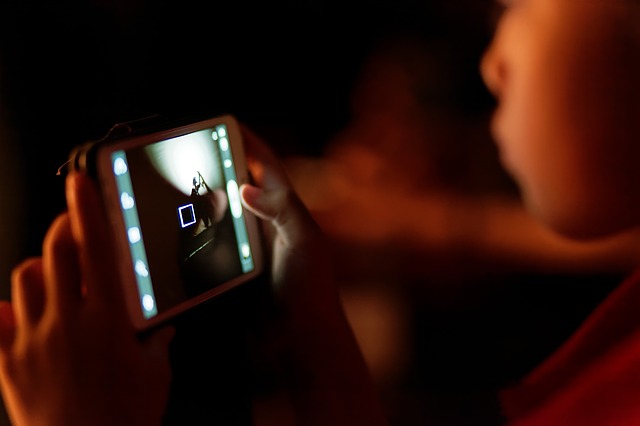Kids being mobile safe at school: how parents can help and other practical advice
When a child heads into Secondary education, it’s quite common for them to want and need a mobile phone, especially if they are making their own way to and from school.
Whilst for the most part owning a mobile phone is a useful device to have, even at the age of 11, there are some things you can put in place to help your kids be mobile safe whilst at school, and of course at home too.

How can you help protect your child’s devices and online activity at school?
When your child goes to school, check the school’s policy with regards to bringing a mobile phone into class. In most case you’re likely to find that the school insists they are turned completely off and to be kept in their bags or lockers for the entire day.
While we may not need to worry about them using their mobile phones during school hours, how do we also keep them safe outside of school – be it the journey to and from school or when they are out with friends?
Whilst doing some research into tips and advice, I came across this particular site where they’ve approached online safety with different ages in mind.
There’s a lot of good advice on the NSPCC website too, where they break it down into different areas of online safety, covering both at school and at home playing online games.
As a family we talk about online safety. The kids know not to say where we live or to show our location in pictures or on videos. They know not to connect with people who we don’t physically know, and they know that we should always tell an adult if they don’t think something is right.
Communication between child and adult is key to keeping the children safe. If they can openly communicate what they are doing online then we can work together to spot potential dangers.
A lot of the advice is likely to be common sense, but I think it’s worth revisiting these simple rules every so often so that they’re not forgotten.
What else can we do?
If you have a child that perhaps isn’t as open about what they are doing online, you can tackle this from a different angle.
We’ve all heard of parental controls, but there’s additional technology like Kaspersky Security Cloud which can help to take things one step further. Some of the main features include:
- Protecting devices against Trojans, worms and phishing.
- Making connecting to public Wi-Fi safer by stopping your messages from falling into the wrong hands.
- Keeping your passwords and personal contact and payment card details locked in a secure vault.
- Recording search history to keep kids safe.
- Automatically alerting you to potential malware.
- Parents can also create multiple accounts for their children and adjust the settings accordingly to control what they access on which device, and how long they spend on a device or online.
- Parents can also be informed about a child’s internet usage e.g. when a child has opened a page that is potentially inappropriate.
Now, this isn’t going all Big Brother on your children, as a parent you are best placed to help guide your child in getting the most out of the internet safely. Using software like this can also help parents to remain safe and, with support and education, can help everyone enjoy the internet safely.
If they stumble across something they shouldn’t then you can explain why it isn’t appropriate and then they can apply that the next time they use the internet or go onto social media.
Allowing your child into the wide world of owning their own mobile phone can be a scary thing to think about. Safety and keeping them protectedalone could make you think they shouldn’t have one at all!
Yet, mobile phones and the technology behind them is not just a fast-growing trend – it’s the modern way of life. They need to be able to learn how to use them safely and once you’ve achieved that, then they can get the best out of owning devices.
Kaspersky has been in the news fairly recently with claims that Russians are using Kaspersky software to obtain classified documents from the US Government, it is worth pointing out that all these claims were anonymous and lacked evidence to support the claim, however Kaspersky takes this very seriously and issued an update to their transparency policy which you can read here.
You May Also Like

Day out – West Midland Safari Park
August 17, 2013
Everest Base Camp Trek – Lukla to Monjo to Namche Bazaar
June 16, 2014